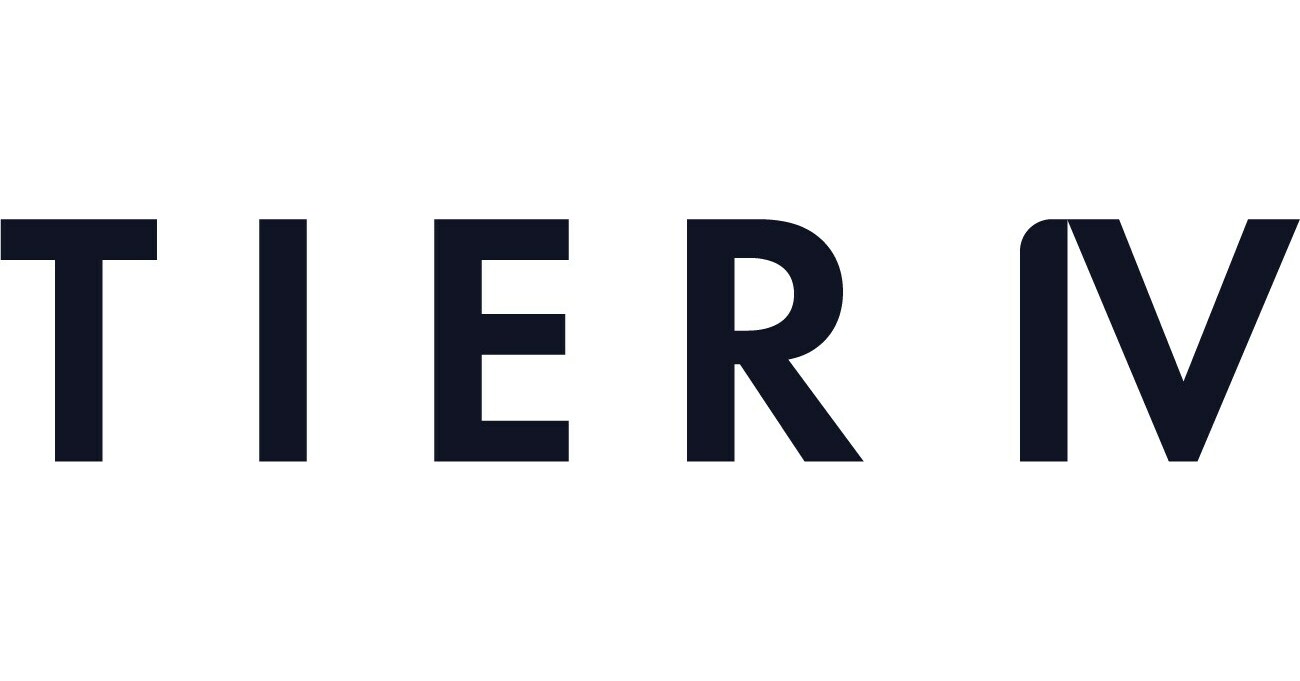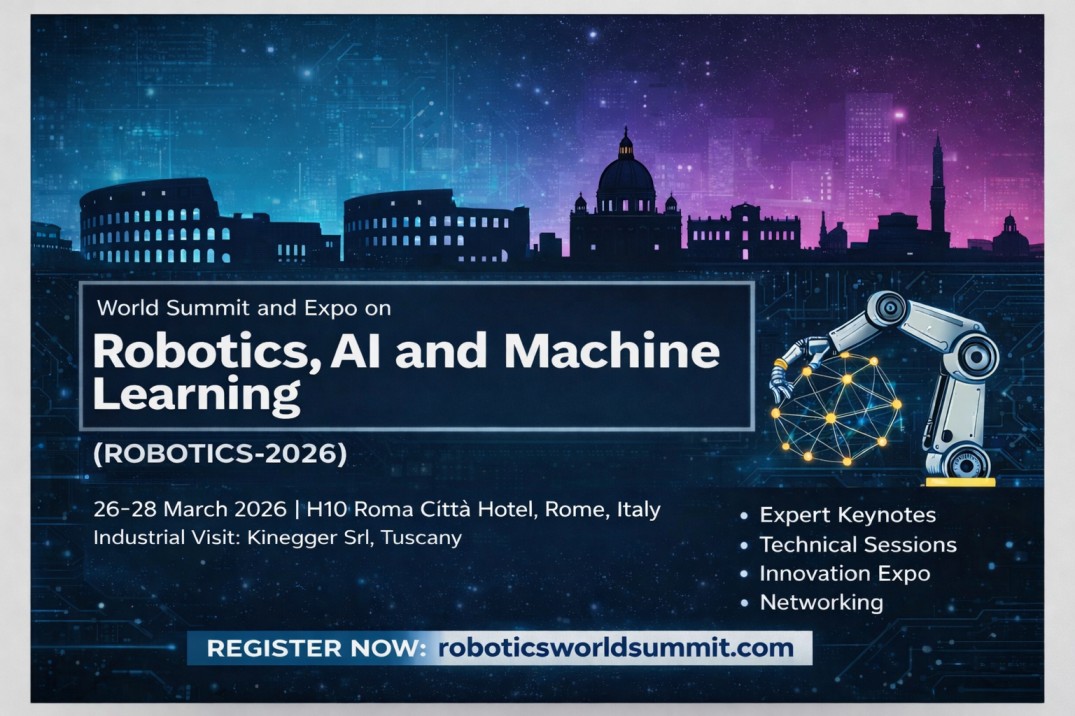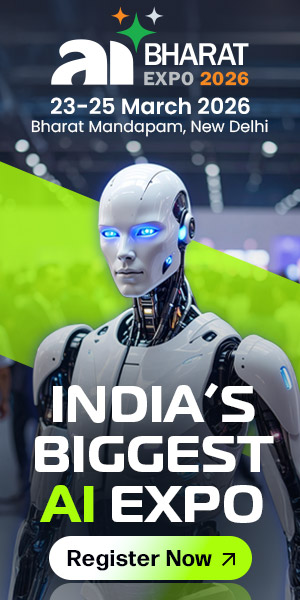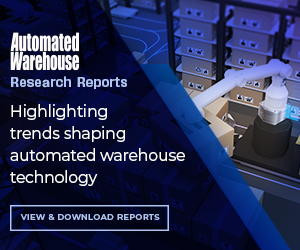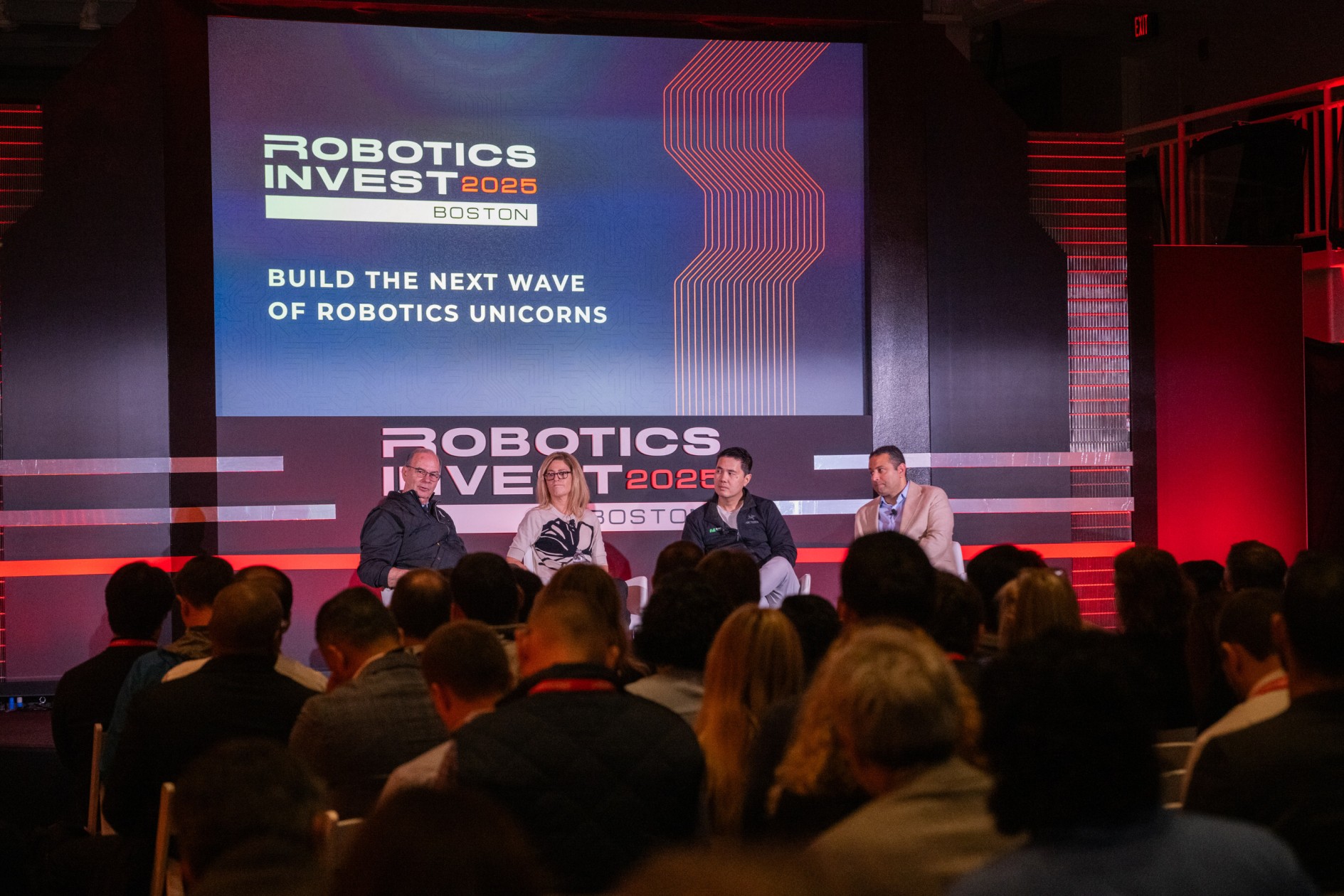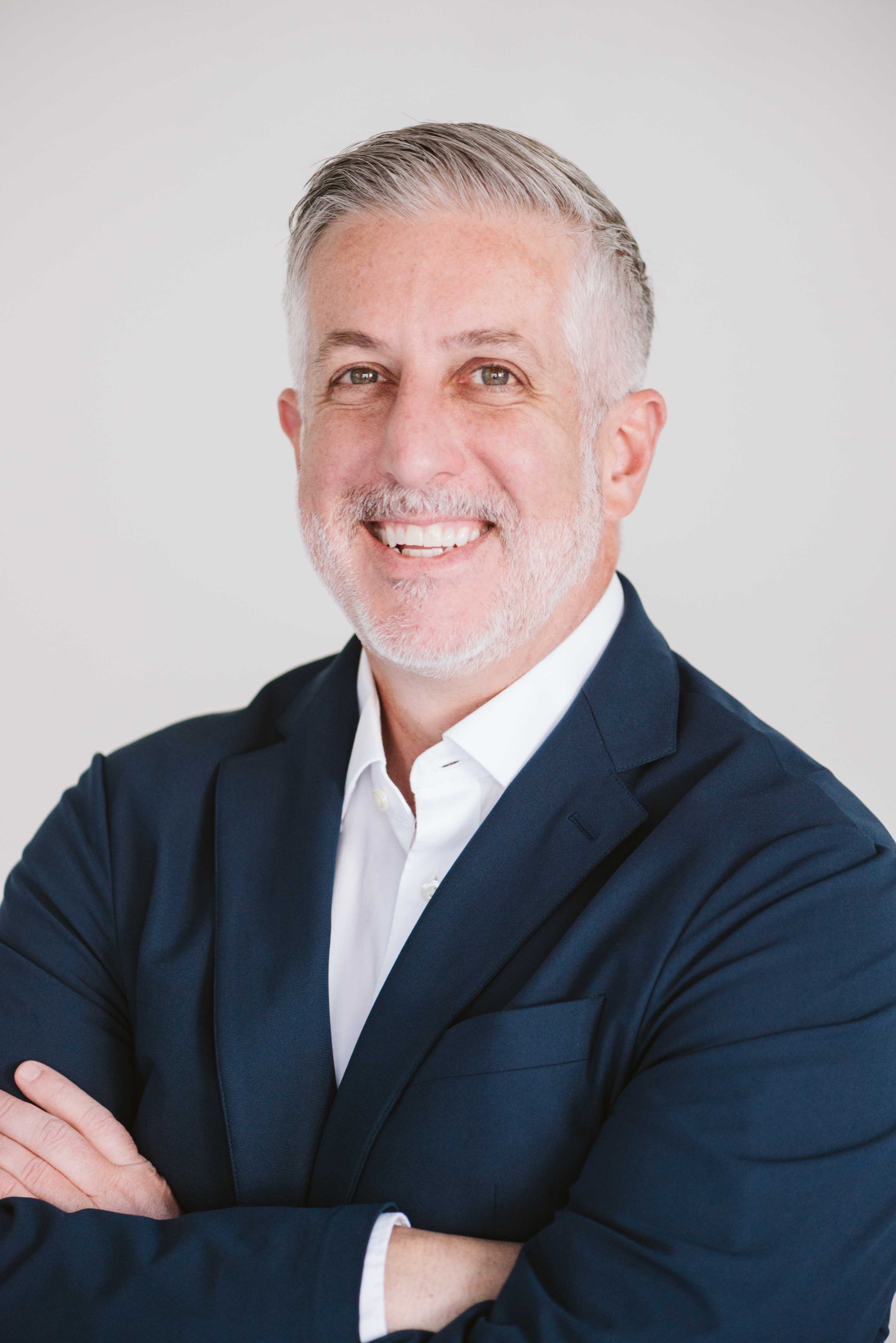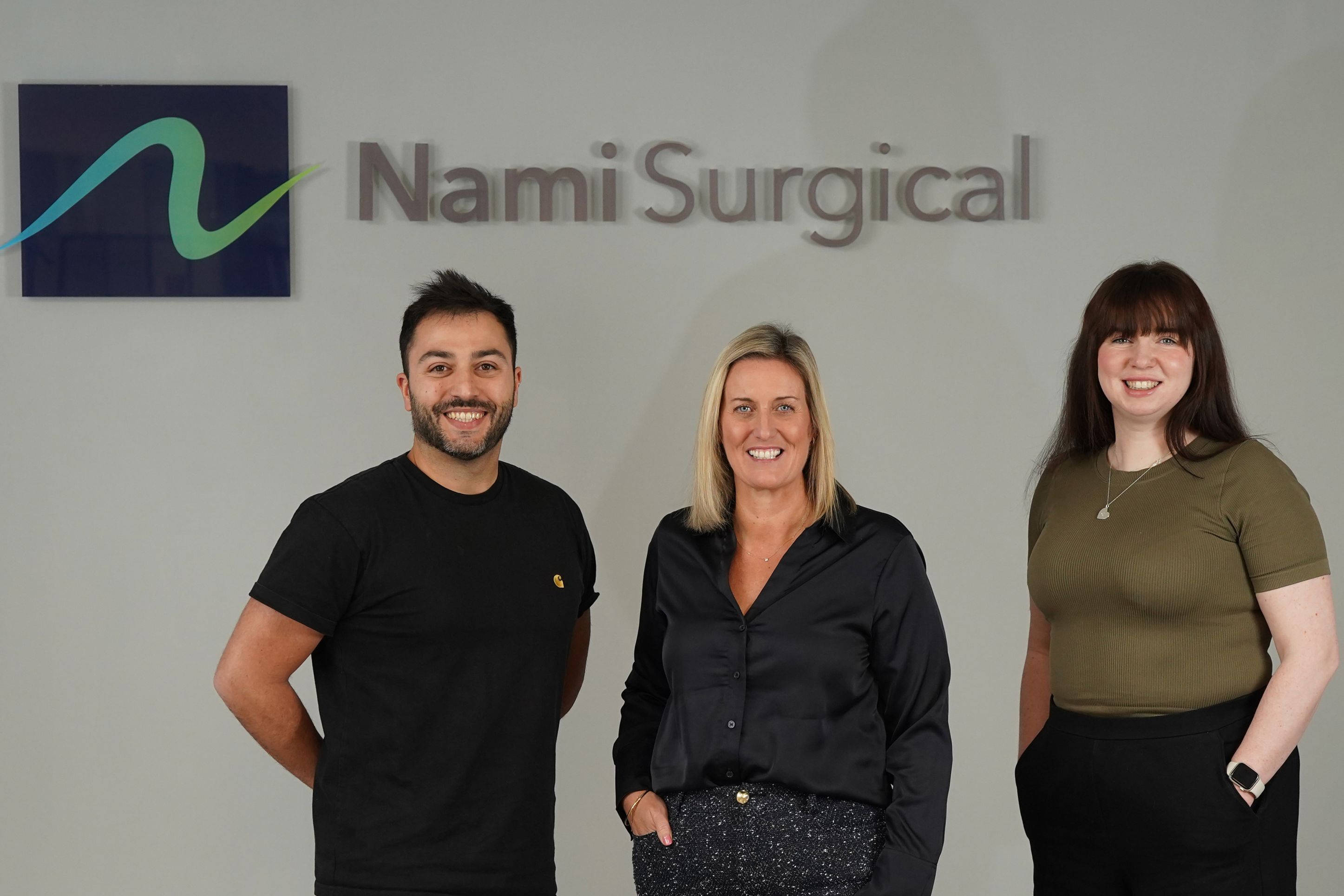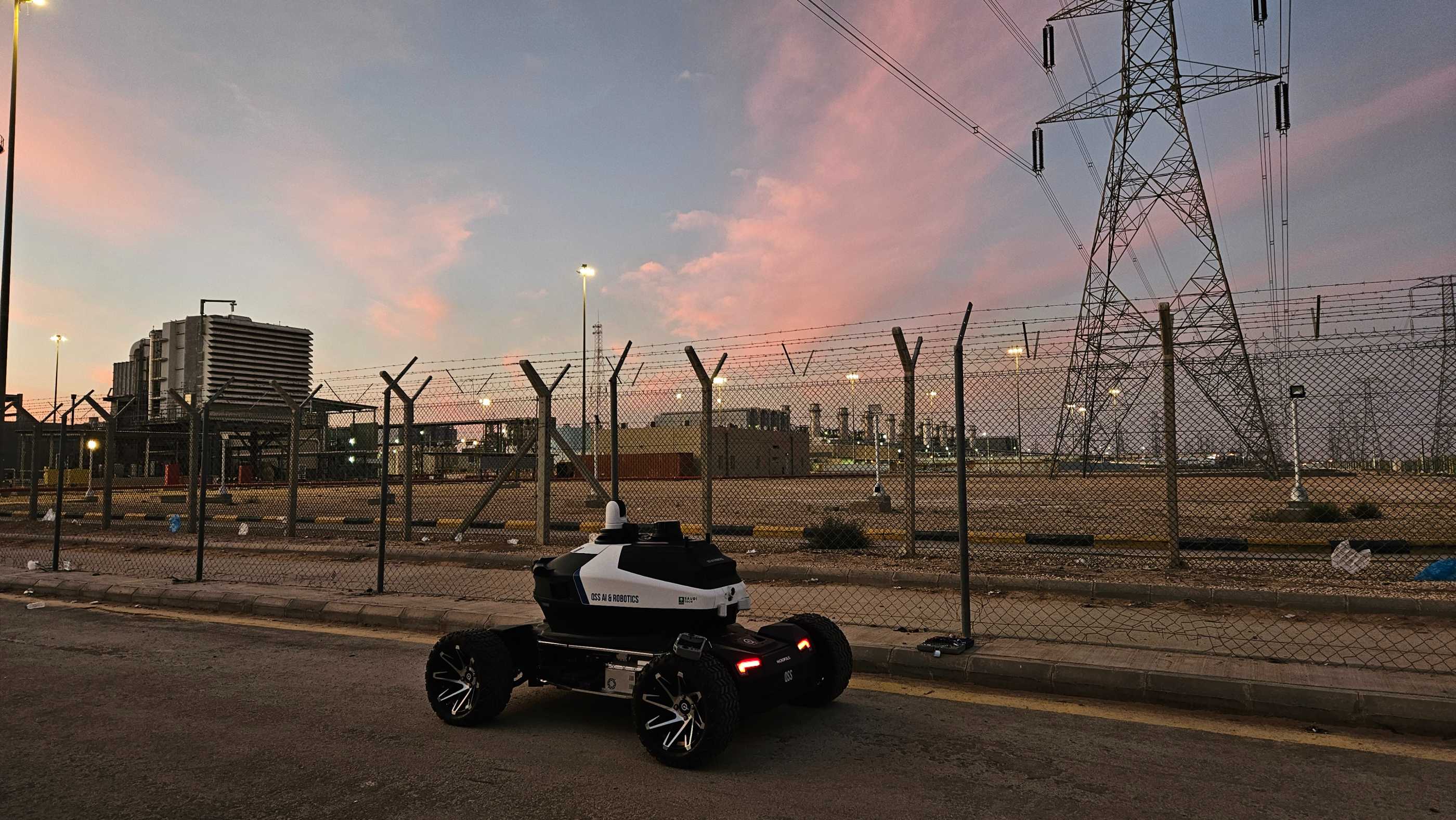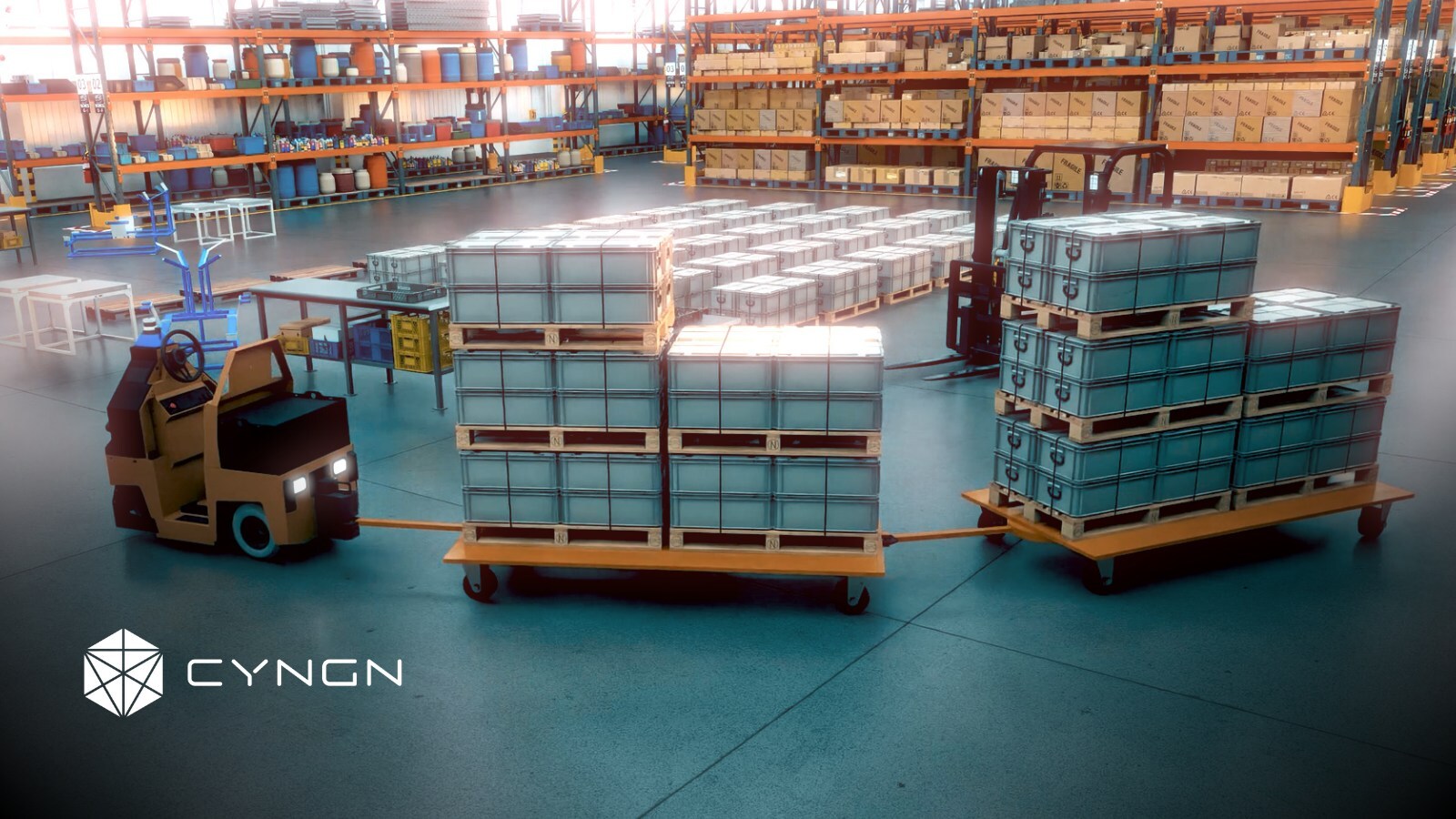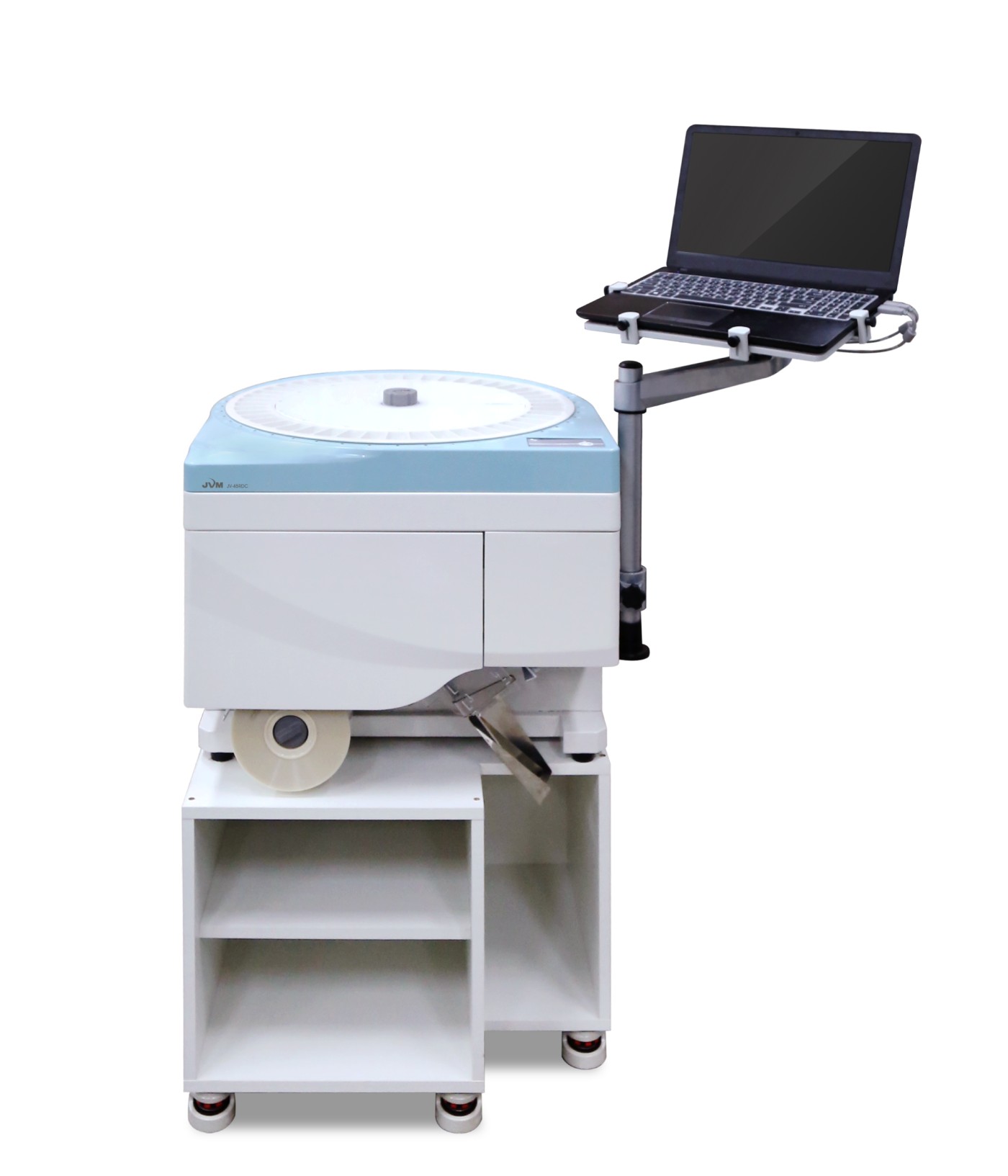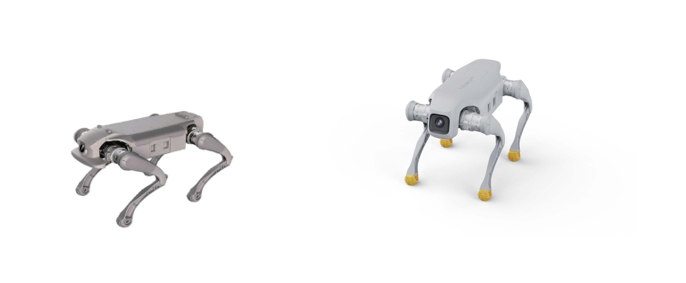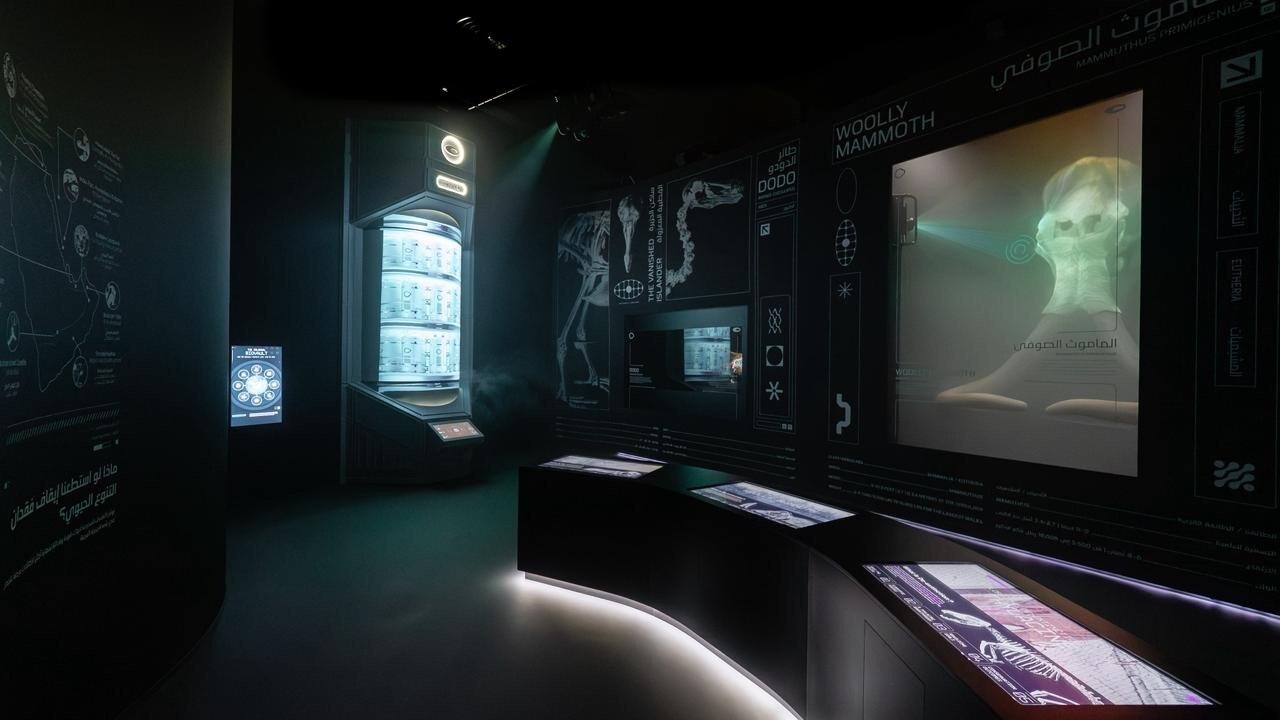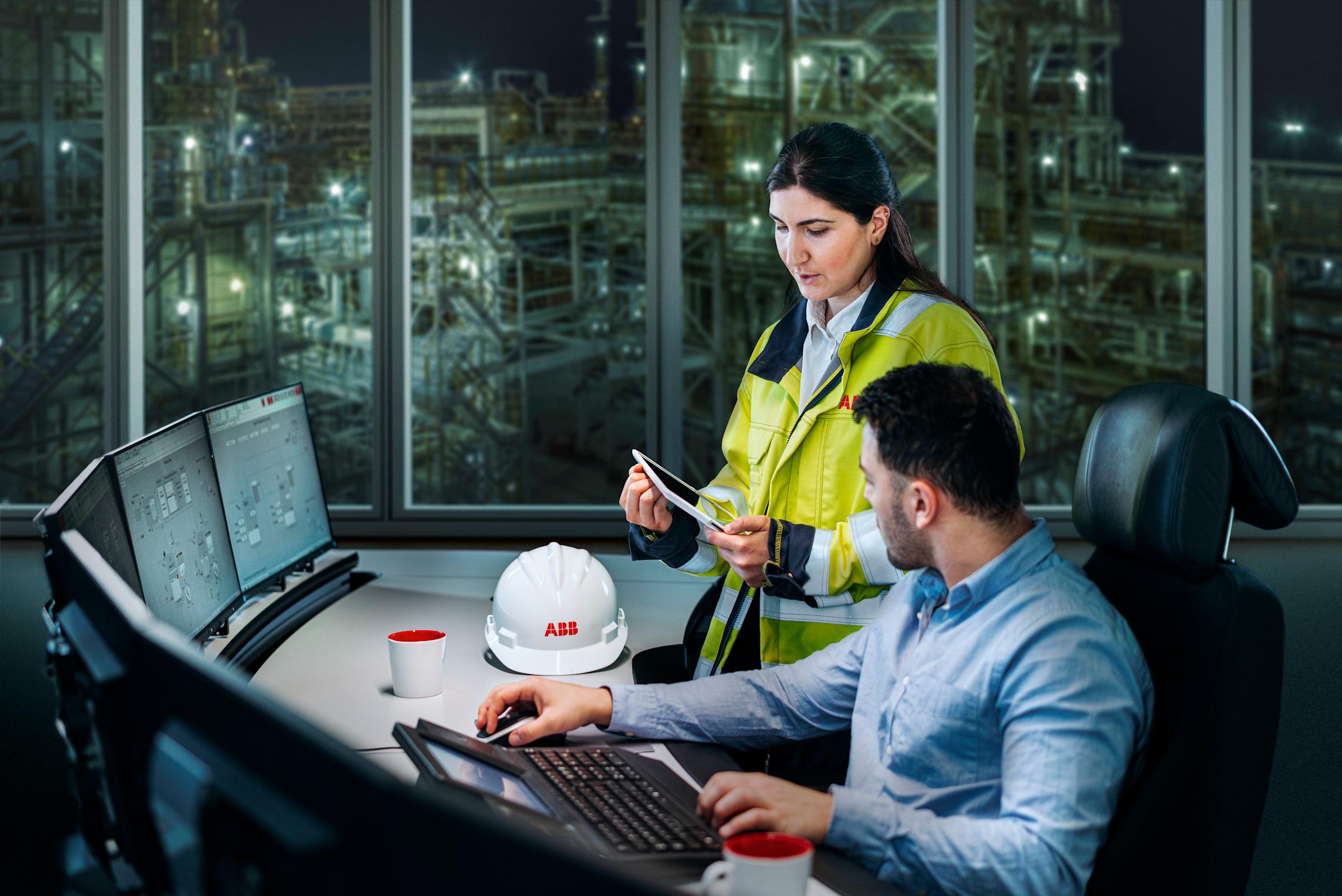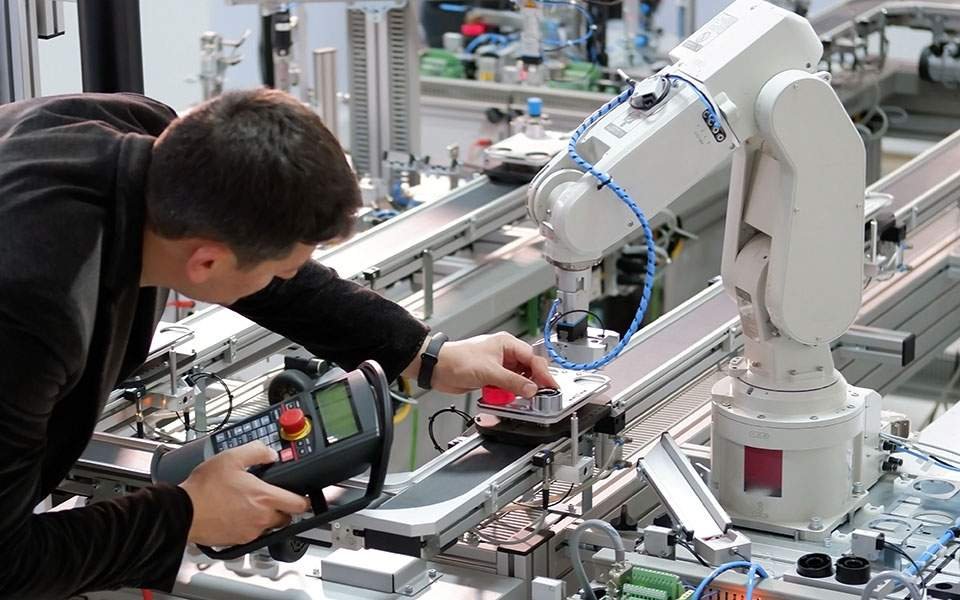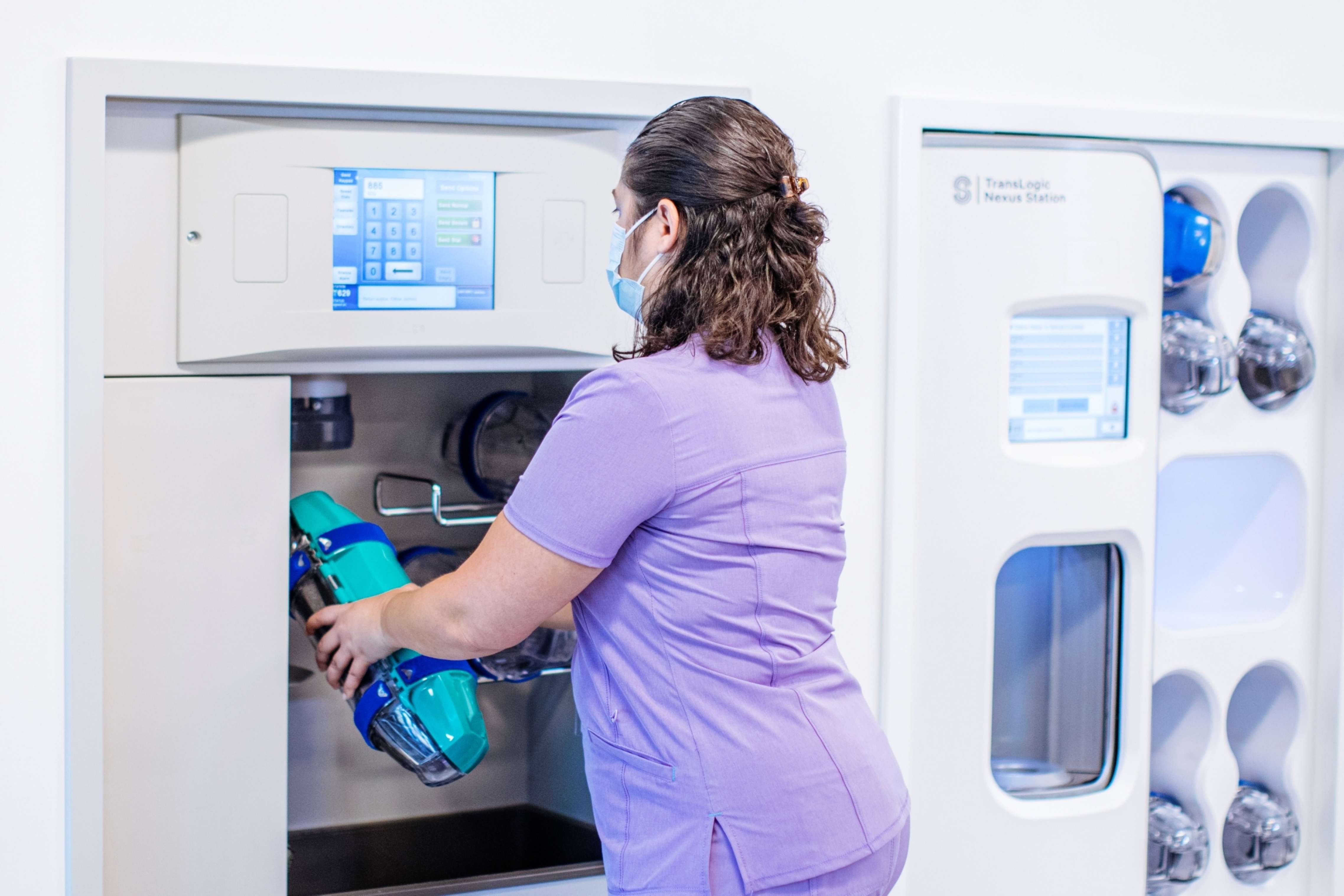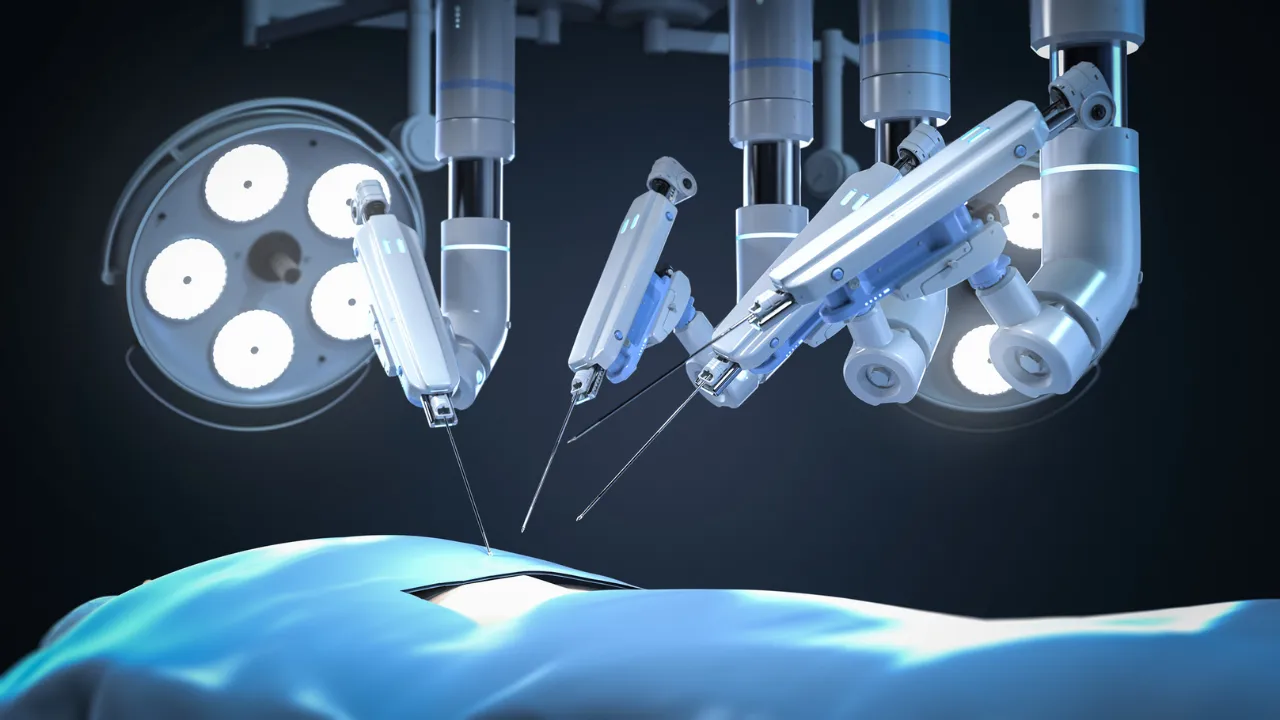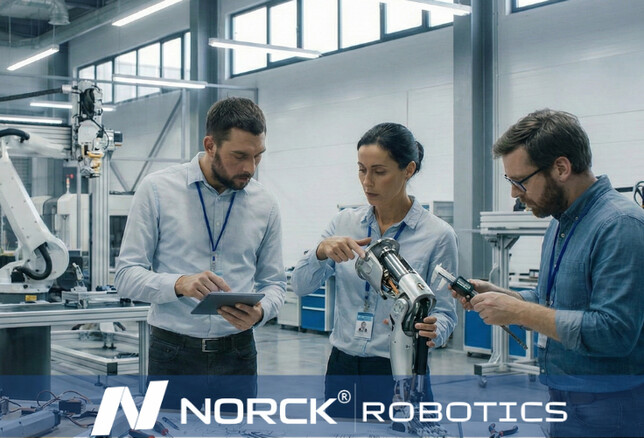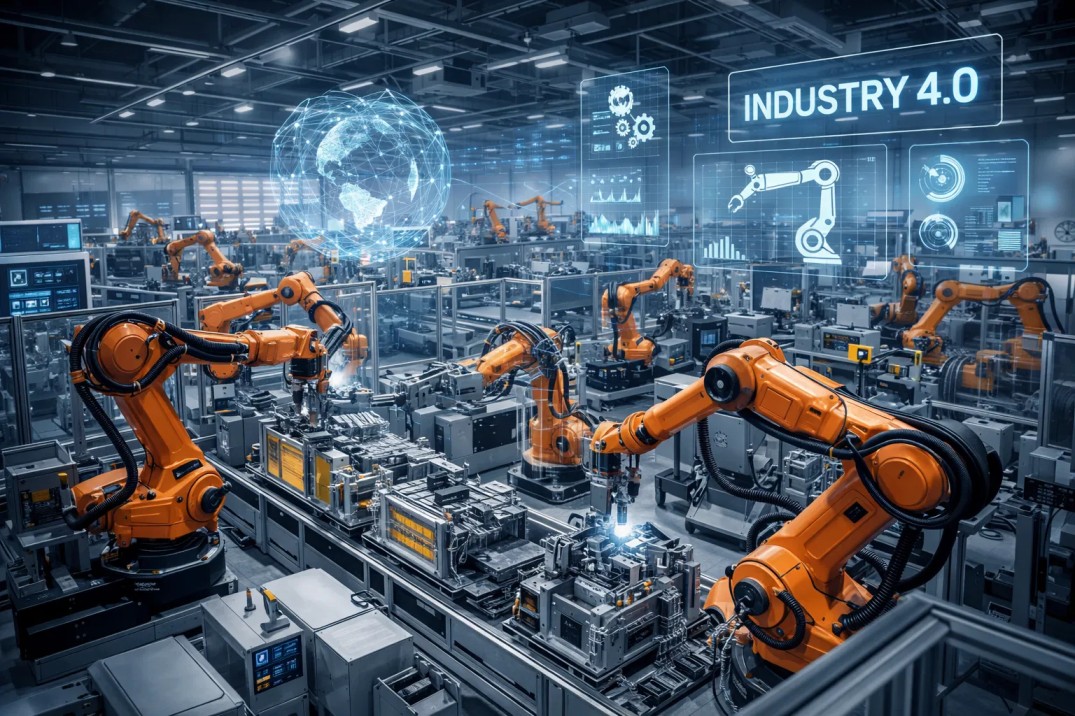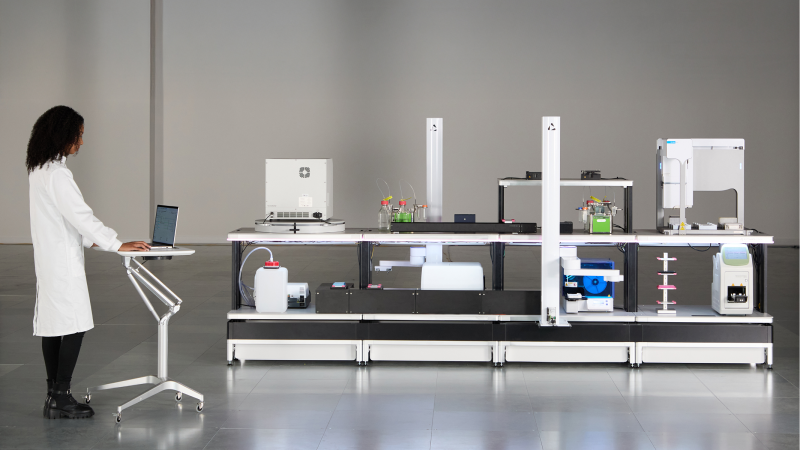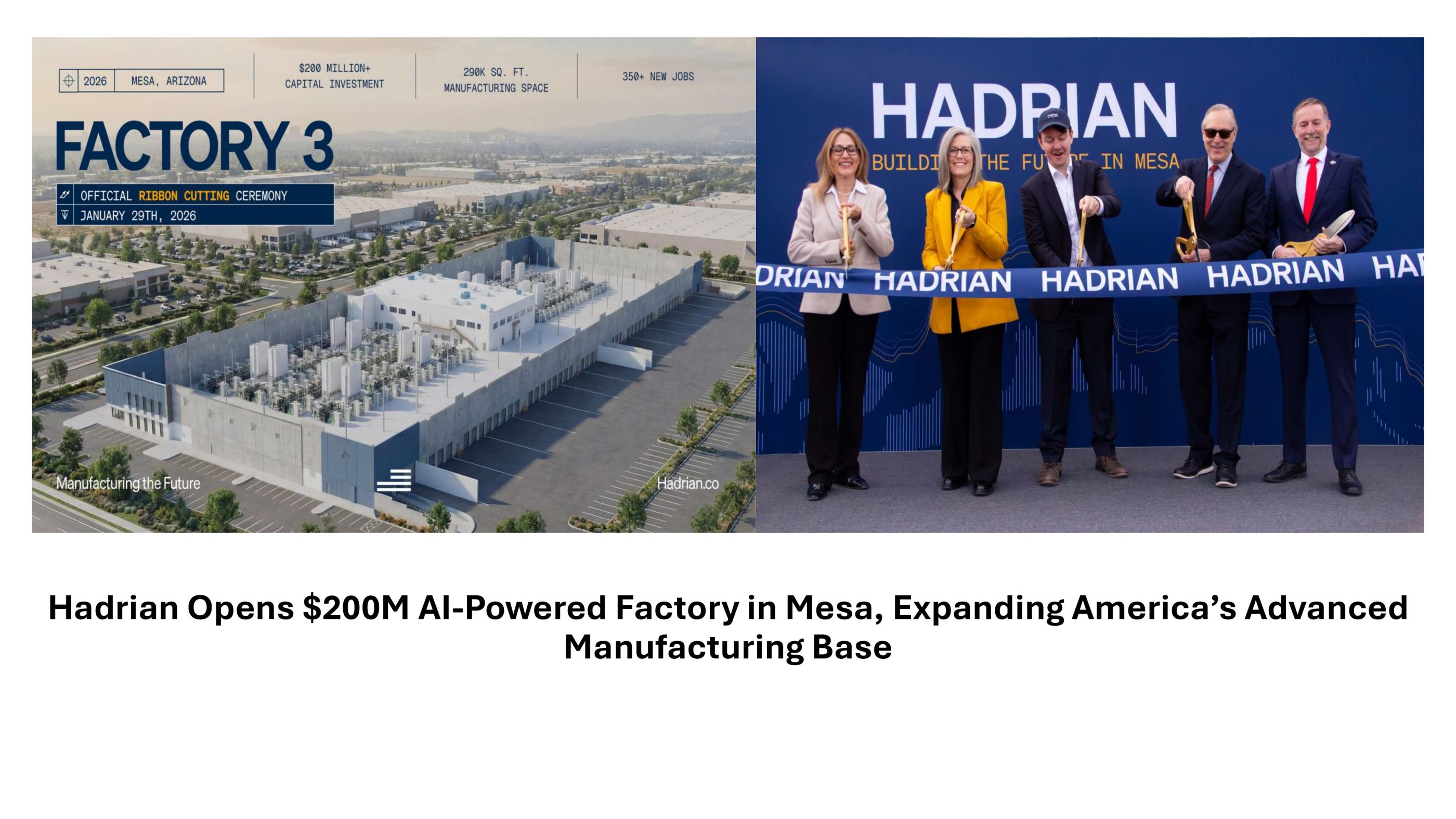TIER IV and Matsuo Institute Drive the Future of Level 4 Autonomous Vehicles with Generative AI
Blending cutting-edge AI with traditional robotics, the collaborative project pioneers large-scale world models to extend operational design domains (ODDs) and revolutionize autonomous driving with open-source innovations.
Image Courtesy: Public Domain
TIER IV, the pioneering force behind the world's first open-source software for autonomous driving, and the Matsuo Institute have embarked on a groundbreaking generative AI project to significantly expand the operational design domains (ODDs) of Level 4 autonomous driving. This initiative focuses on creating large-scale world models that learn from vast volumes of driving data to imitate human driving behaviors. These models will enable sophisticated end-to-end AI capabilities, generating the most reasonable driving plans based on sensing data, even when predefined rules fall short. By designing a hybrid framework that combines cutting-edge generative AI with traditional robotics approaches, the project aims to develop a versatile autonomous driving software suitable for various vehicle types and operational environments, from commercial fleets to personal cars, from highways to urban centers. All project outcomes will be made available as open source, fostering broader innovation and application.
Traditionally, Level 4 autonomous driving has relied on robotics approaches that require high-definition maps and detailed rule descriptions to integrate discrete functional modules, such as sensing, localization, perception, planning, and control–this is known as the Autonomy 1.0 architecture. Autoware*, the open-source software championed by TIER IV, currently follows this architecture and has proven successful in various Level 4 autonomous driving use cases worldwide.
However, with advancements in AI, it is now possible to consolidate these functional modules into a single end-to-end AI model, which can also coexist with traditional robotics approaches. This emerging Autonomy 2.0 architecture enables scalable expansion of ODDs for Level 4 autonomous driving.
The Matsuo Institute is building upon the foundational research of the University of Tokyo's Matsuo-Iwasawa Laboratory at the Graduate School of Engineering. Since 2020, TIER IV and the Matsuo Institute have been at the forefront of AI technology development for Level 4 autonomous driving, pioneering both generative AI and robotics approaches. This collaboration will build on those achievements to develop end-to-end AI algorithms using large-scale world models, with the results shared as open source to drive the evolution of Autonomy 2.0. Specifically, the project will focus on several key initiatives, including the following:
- Neural simulator to train and evaluate end-to-end AI.
- Cooperative machine learning (Co-MLOps) to train end-to-end AI with large-scale data.
- Cars That Think and Talk (CT3) as an interface to explain behaviors of end-to-end AI.
TIER IV is spearheading this effort as part of its vision for the Autonomy 2.0 architecture, combining the traditional robotics approach, which allows for detailed rule descriptions to ensure safety, with end-to-end AI, which improves adaptability in complex scenarios. The company plans to incorporate these technologies into Autoware and release them by 2025.
"The extraordinary advancement of generative AI is proving to be a pivotal force in driving the realization of Autonomy 2.0," said Shinpei Kato, founder and CEO of TIER IV. "By combining the AI development expertise of the Matsuo Institute with TIER IV's leadership in autonomous driving technology, I am confident that we can accelerate the rollout of autonomous driving, starting with robotaxis. As the company leading the development of Autoware, we are committed to making these cutting-edge innovations open and accessible to the global community, fostering a world where technology development is driven collectively."
"World models represent a technology that mirrors human cognitive abilities to understand the external environment, making them a crucial component for ensuring safe mobility in complex real-world settings," said Yutaka Matsuo, technical advisor of the Matsuo Institute. "Through this project, we aim to contribute to the realization of autonomous driving that offers both safety and comfort, ultimately improving the quality of mobility for all."


